The San Diego Fair June 11th 2015
We are off to see the woodworking, gems and minerals and then a flight on the skyway!
Must See The Work Working And Gems

Did You Know? - The ancient civilization that first used woodworking was the Egyptians. Woodworking is depicted in many ancient Egyptian drawings, and a considerable amount of ancient Egyptian furniture (such as stools, chairs, tables, beds, chests) has been preserved in tombs. As well, the inner coffins found in the tombs were also made of wood.

"Follow me"
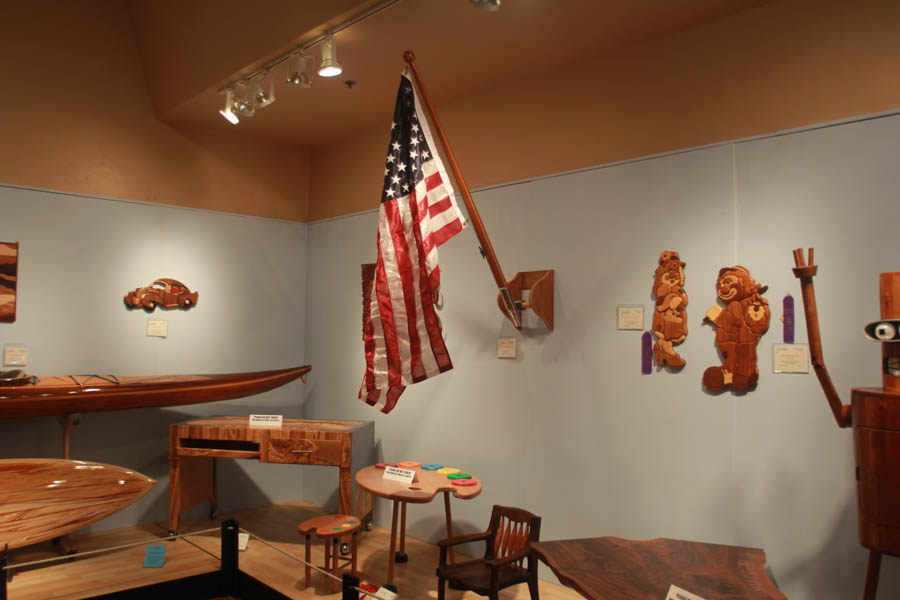
May she always fly
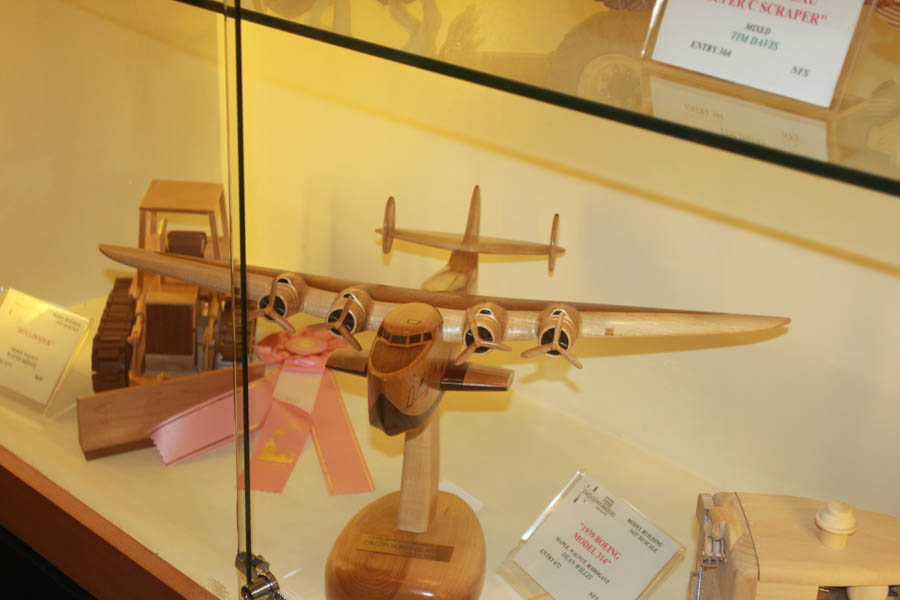
Lot's of work in this on this one!
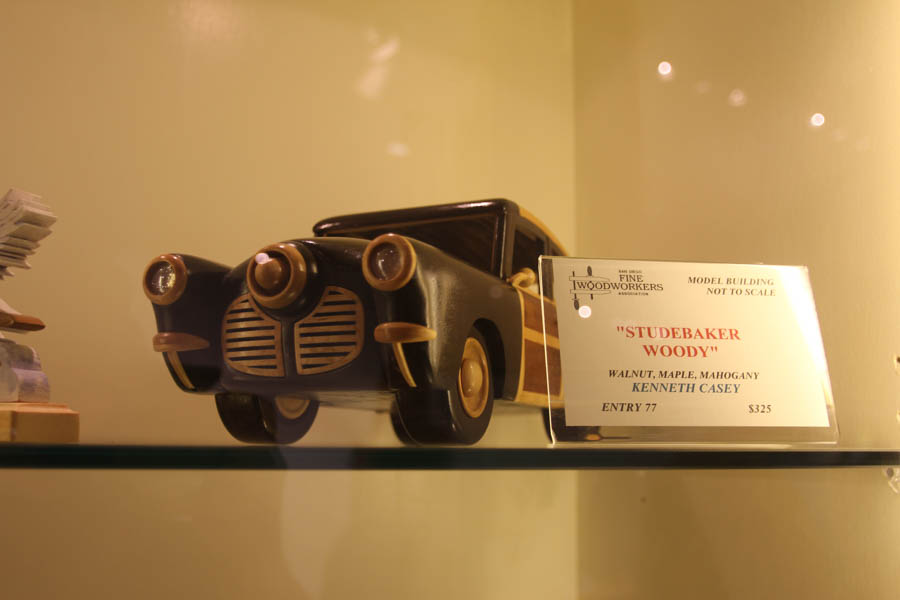
Never knew they existed!
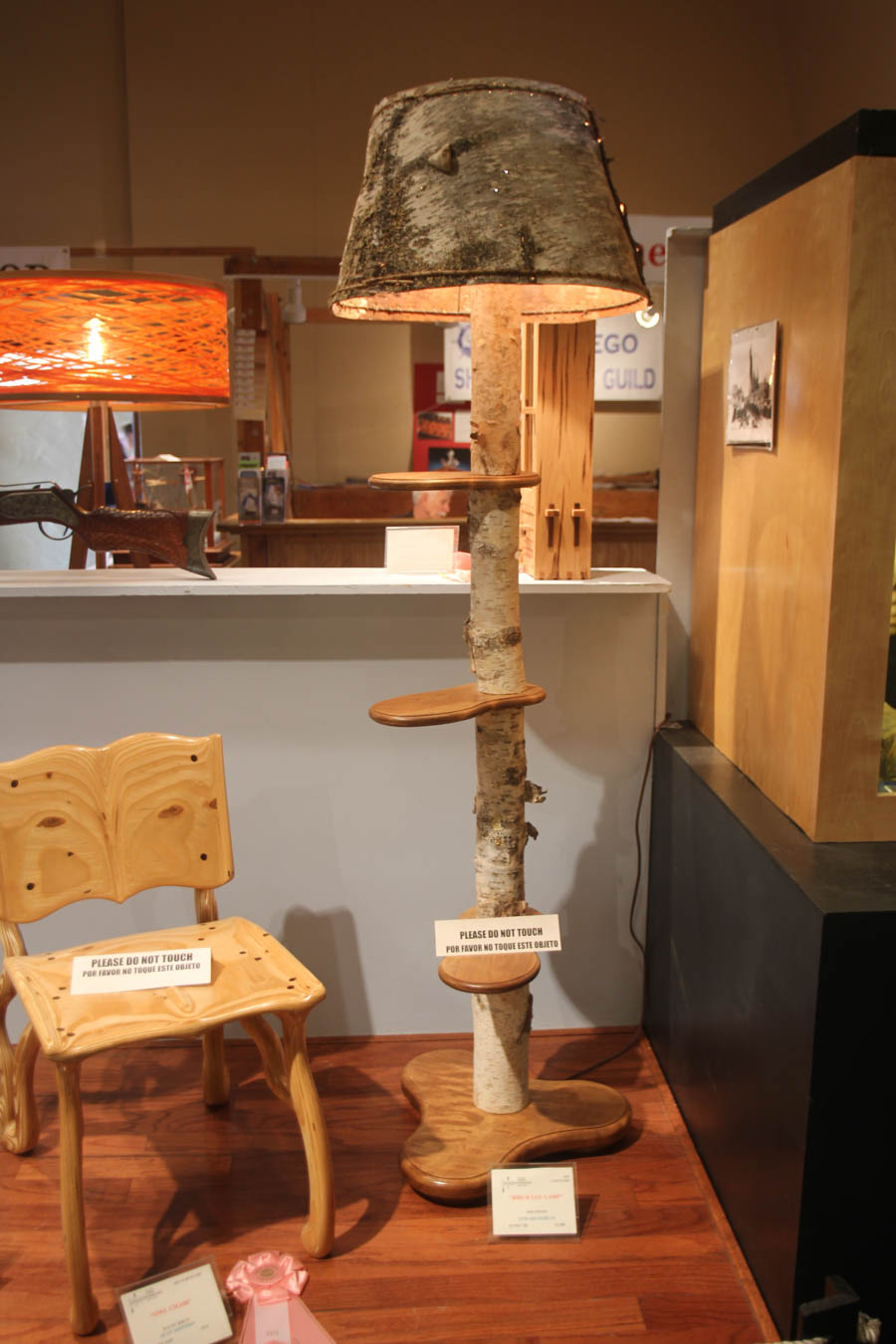
What to do with a tree trunk?
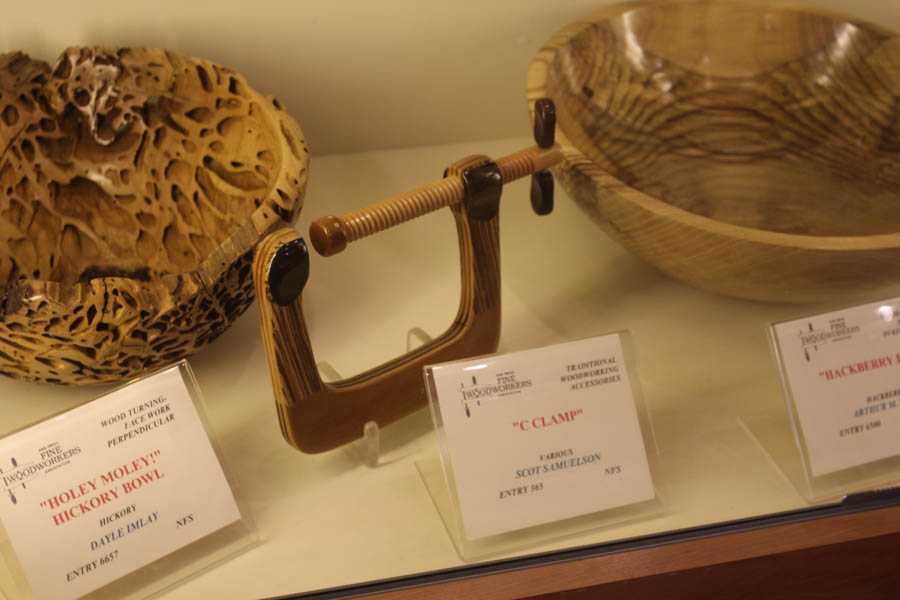
Checkout the "C" clamp
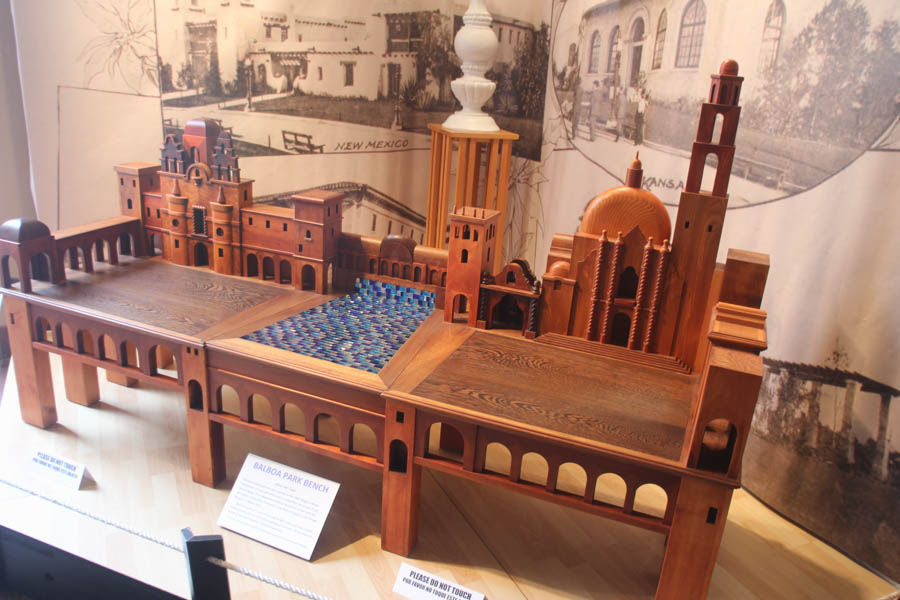
Lots of time and love in this design

Amazing!
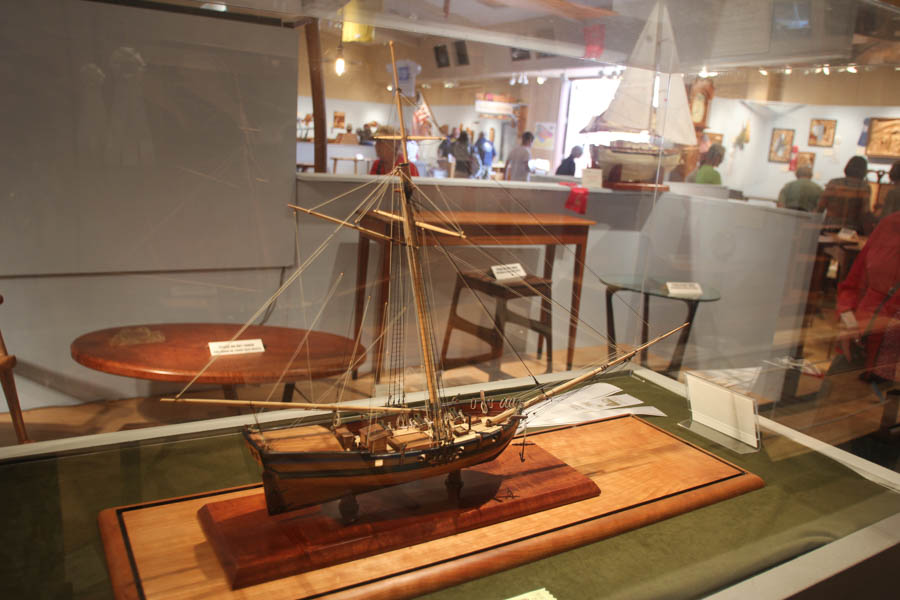
Sailing Sailing
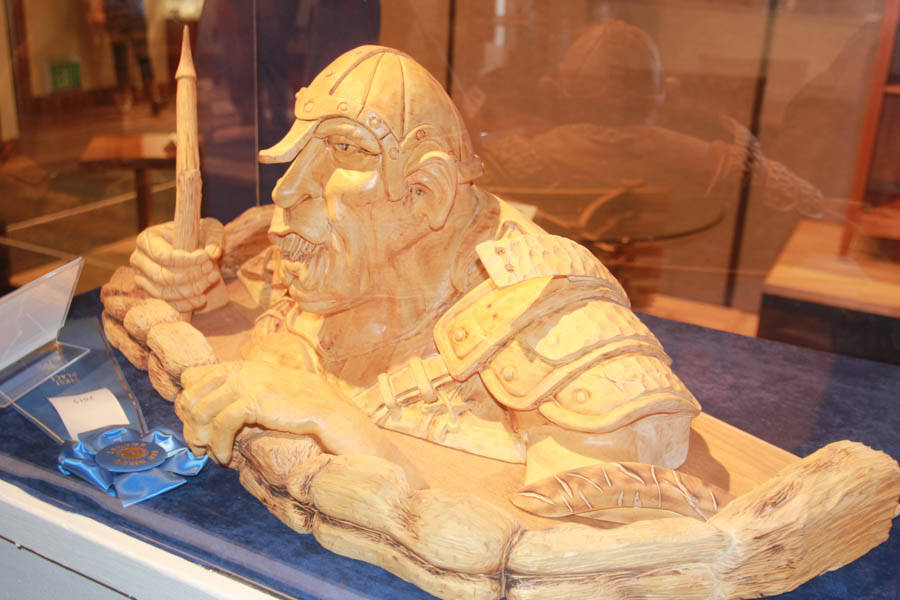
"Hi there... I am really a friendly guy!"
Gems and Minerals
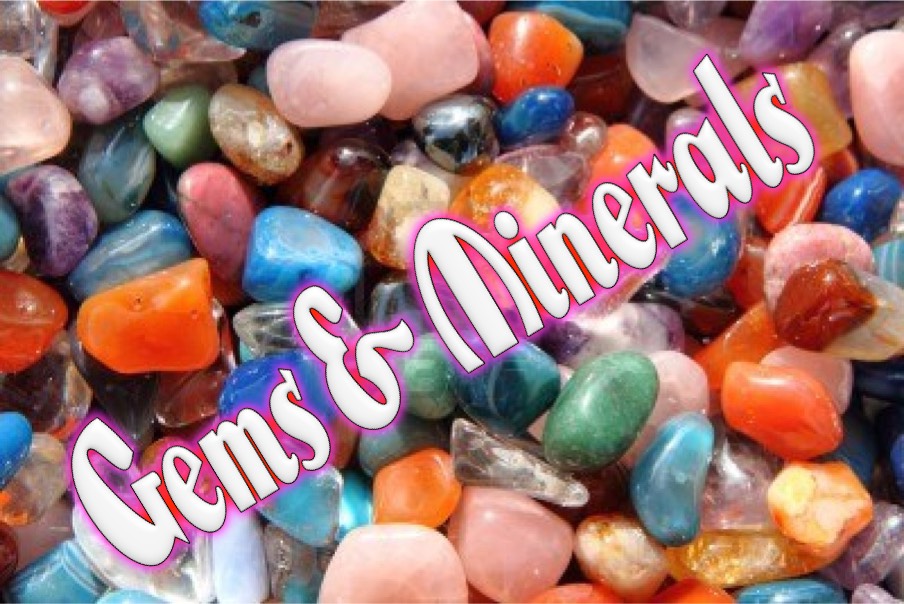
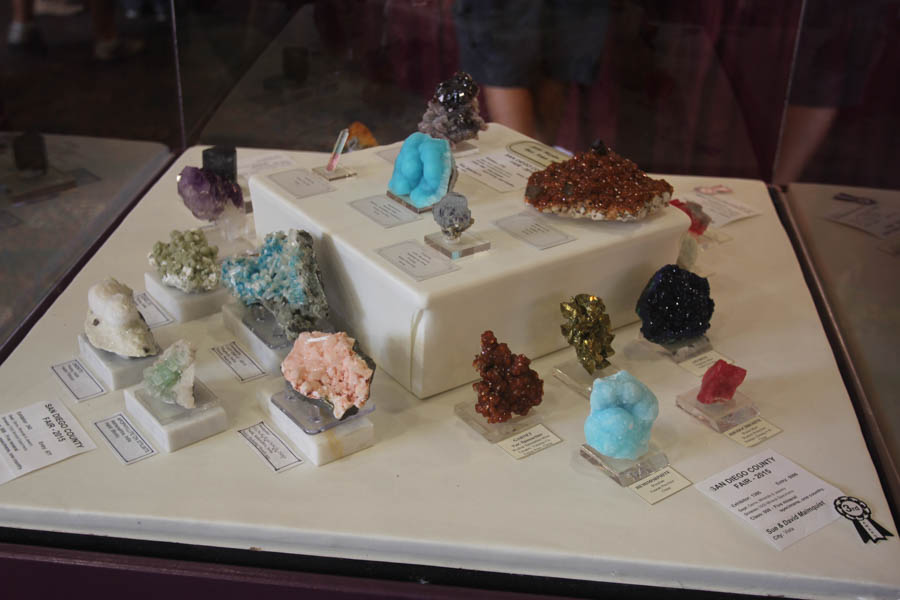
Mother Nature knows her colors!
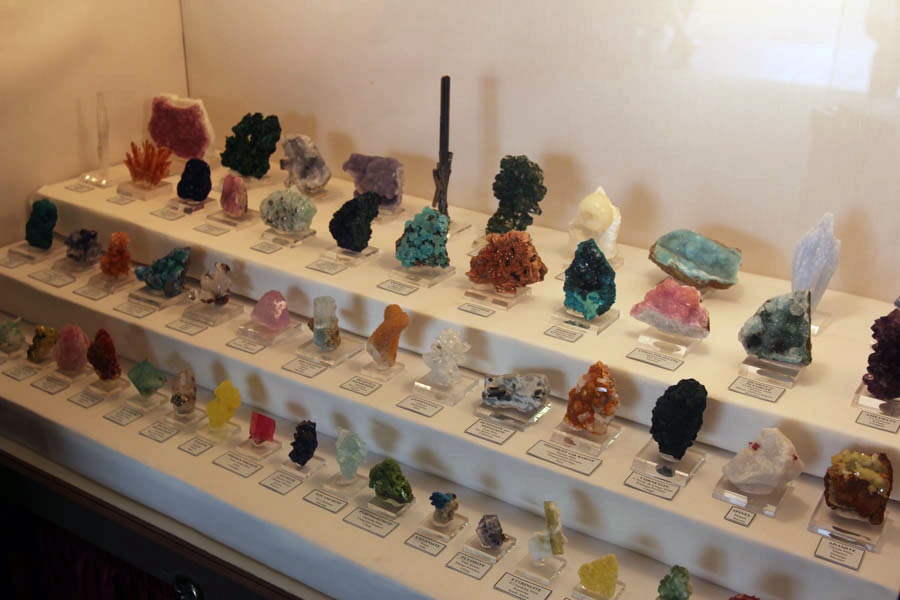
Simply amazing minerals
Did You Know? - A mineral is a naturally occurring substance that is solid and inorganic representable by a chemical formula, usually abiogenic, and has an ordered atomic structure. It is different from a rock, which can be an aggregate of minerals or non-minerals and does not have a specific chemical composition.
The exact definition of a mineral is under debate, especially with respect to the requirement a valid species be abiogenic, and to a lesser extent with regard to it having an ordered atomic structure. The study of minerals is called mineralogy.
There are over 4,900 known mineral species; over 4,660 of these have been approved by the International Mineralogical Association (IMA). The silicate minerals compose over 90% of the Earth's crust.
The diversity and abundance of mineral species is controlled by the Earth's chemistry. Silicon and oxygen constitute approximately 75% of the Earth's crust, which translates directly into the predominance of silicate minerals.
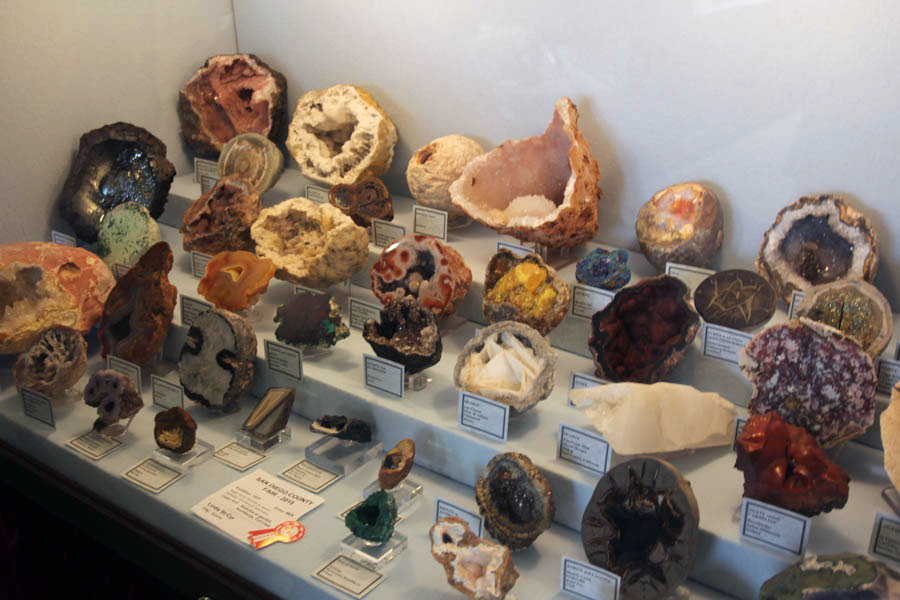
Hollow rocks!
Did You Know? - Geodes (Greek ?????? - ge-?d?s, "earthlike") are geological secondary structures which occur in certain sedimentary and volcanic rocks. They are themselves of sedimentary origin formed by chemical precipitation. Geodes are essentially hollow, vaguely spheroid to oblate masses of mineral matter that form via either of two processes:
- by the filling of vesicles (gas bubbles) in volcanic to sub-volcanic rocks by minerals deposited from hydrothermal fluids or
- by the dissolution of sedimentary nodules or concretions (that were deposited syngenetically within the rock formations in which they are found) and partial filling by the same or other minerals precipitated from diagenetic water, groundwater or hydrothermal fluids.

Get Ready To Dine On Rocks!
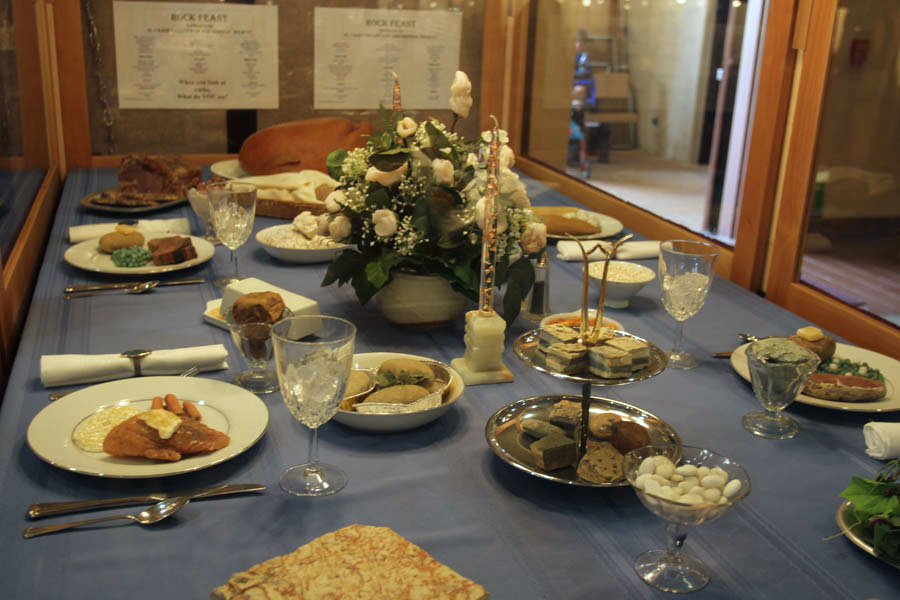
The table is set... Come and get it!
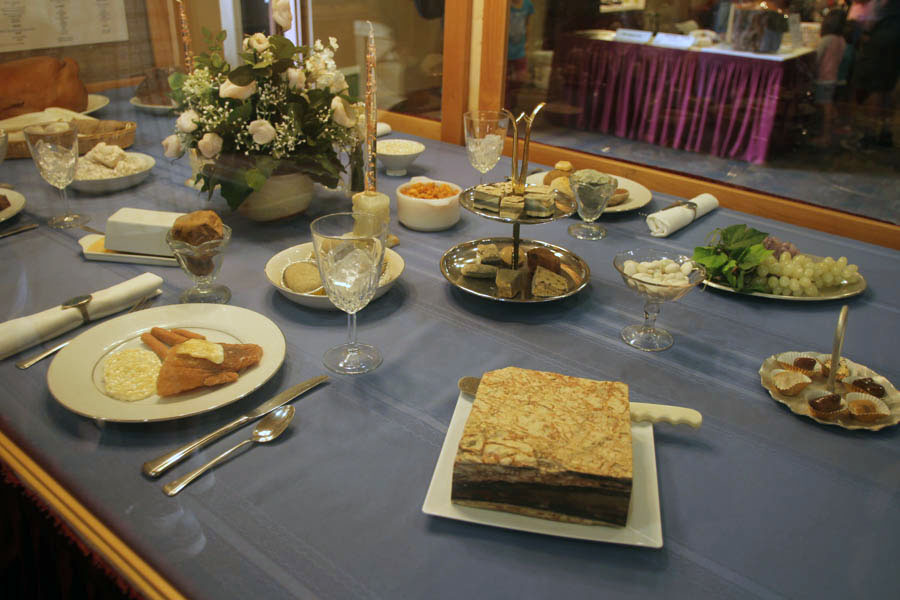
Everything on the table (except the dishes) is solid rocks/minerals
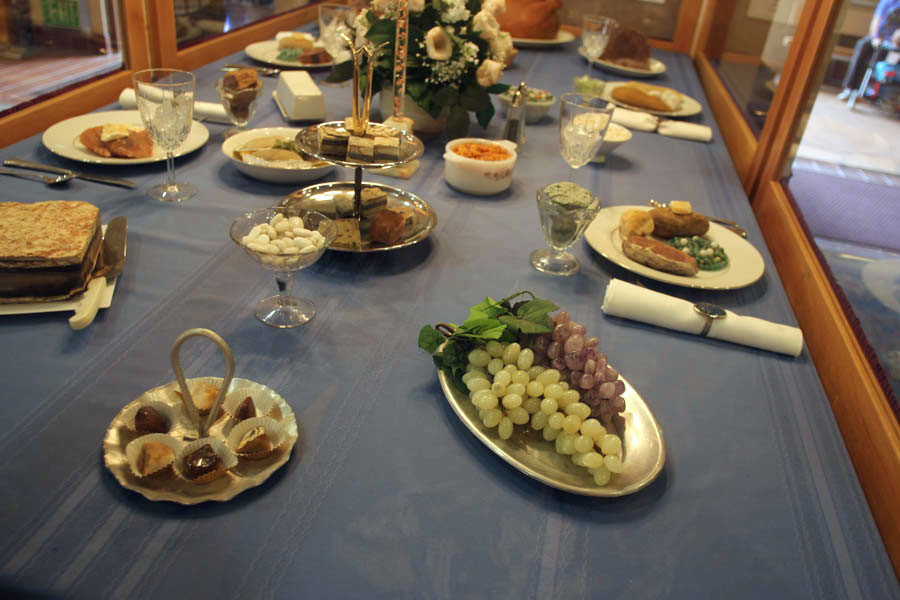
We gained 200 pounds just looking at it!

Almost made us hungry!
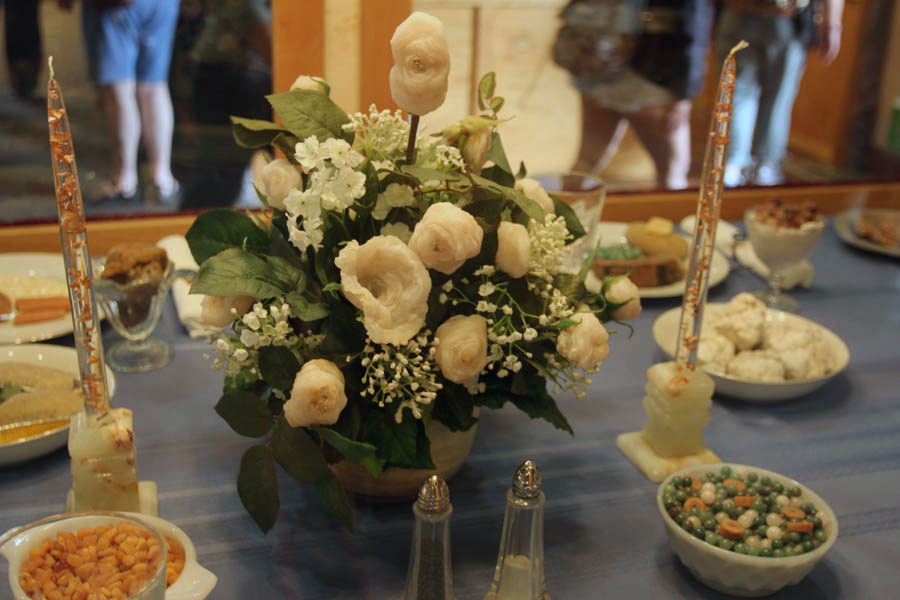
Yes... Even the flower display is made from minerals/rocks
Did You Know? - Geodes (Greek ?????? - ge-?d?s, "earthlike") are geological secondary structures which occur in certain sedimentary and volcanic rocks. They are themselves of sedimentary origin formed by chemical precipitation. Geodes are essentially hollow, vaguely spheroid to oblate masses of mineral matter that form via either of two processes:
by the filling of vesicles (gas bubbles) in volcanic to sub-volcanic rocks by minerals deposited from hydrothermal fluids or
by the dissolution of sedimentary nodules or concretions (that were deposited syngenetically within the rock formations in which they are found) and partial filling by the same or other minerals precipitated from diagenetic water, groundwater or hydrothermal fluids.
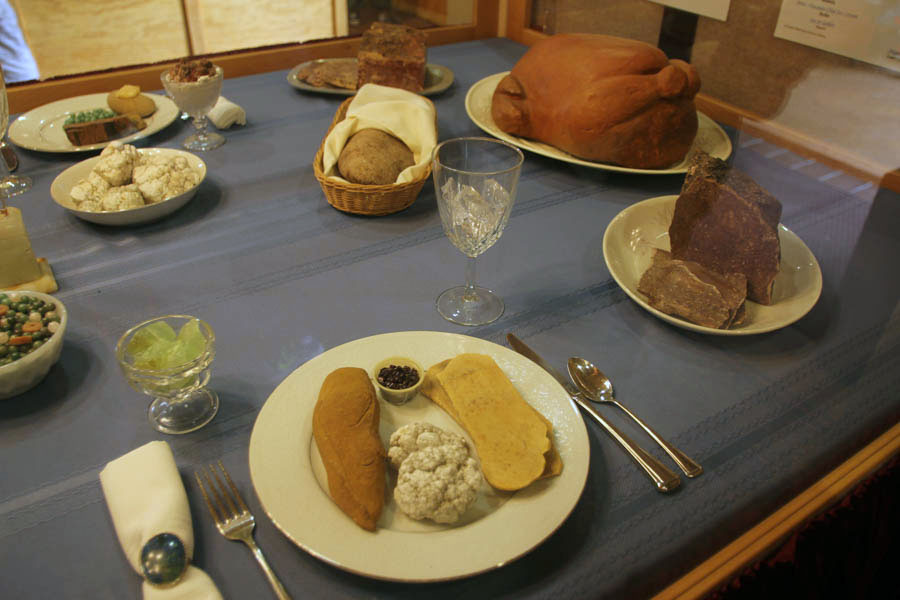
The cauliflower looks fantastic!
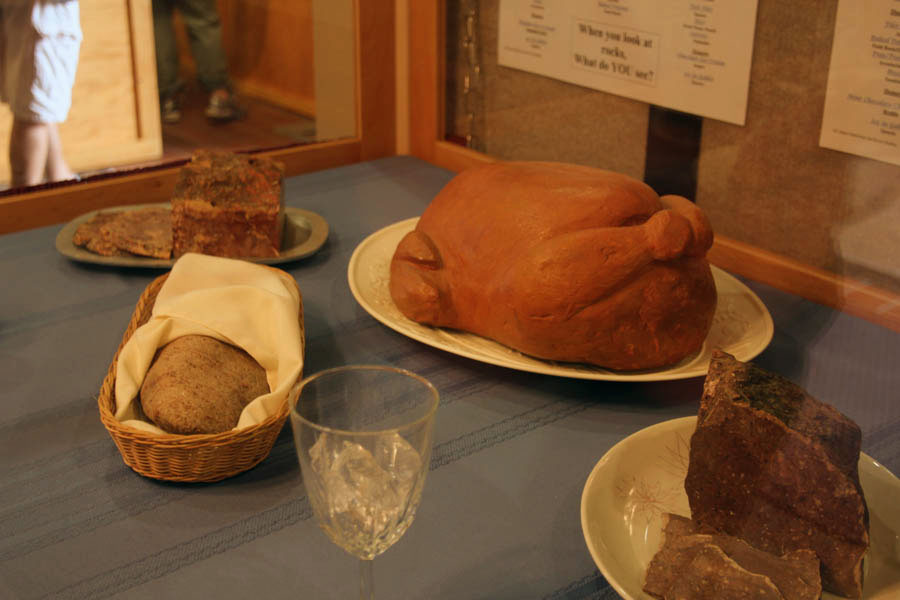
Fresh bread and a turkey!
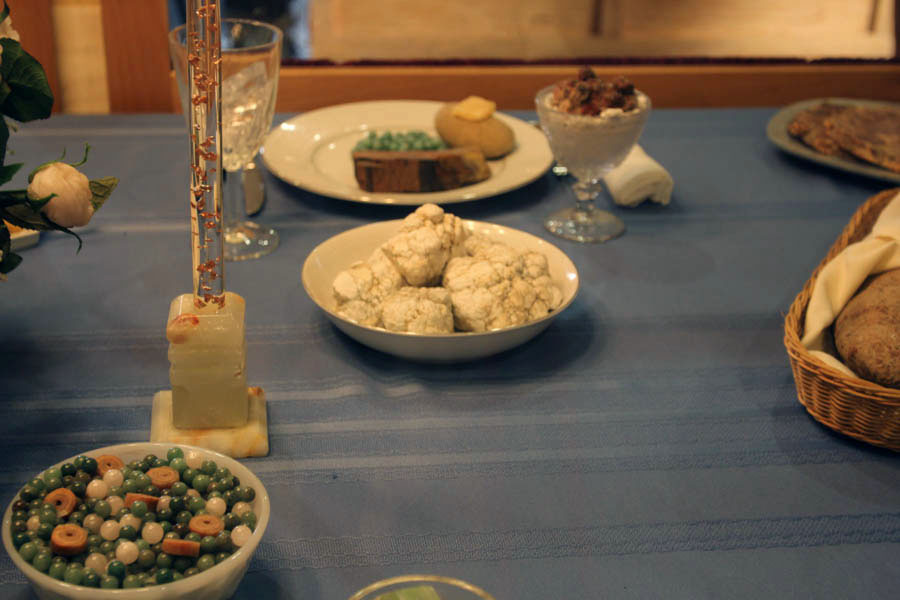
Eat your peas, carrots and onions!
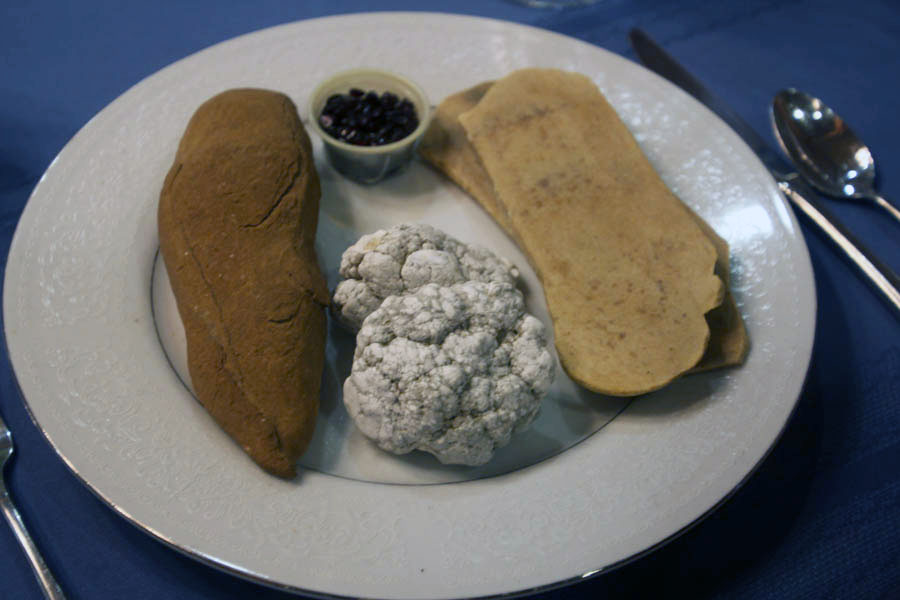
Cauliflower is good for you... Watch that first bite

Remember what mama always said... Desert is bad for your teeth!
Back To The Fair
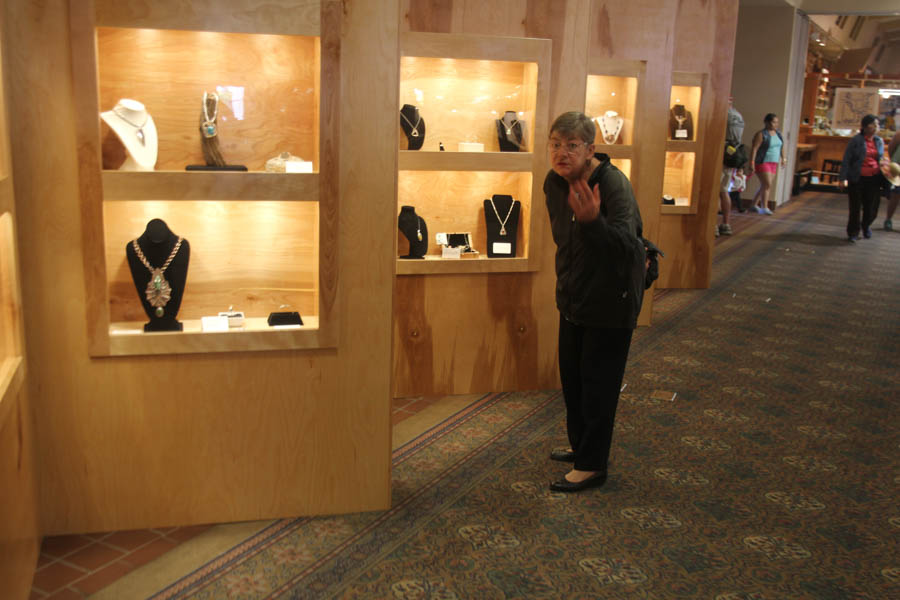
Sue finds something interesting
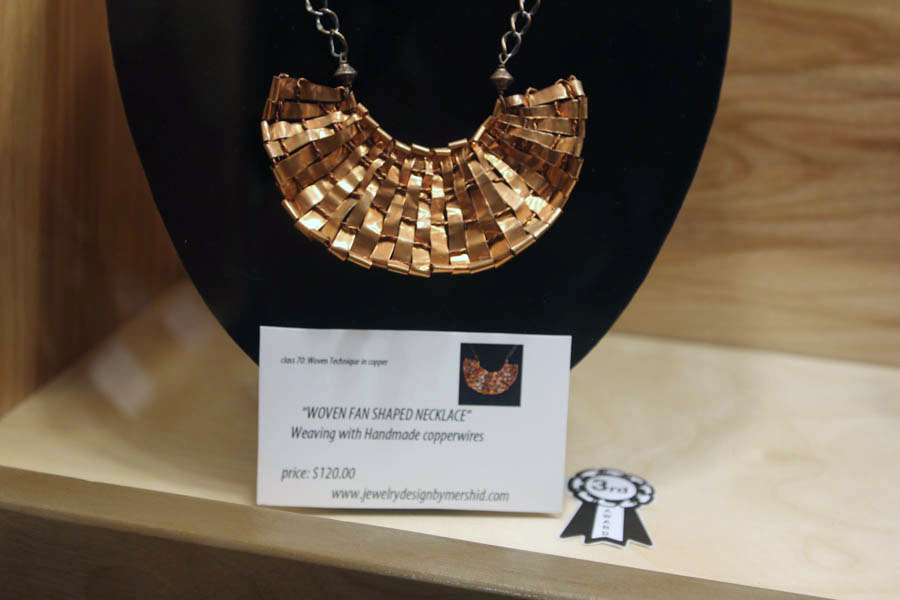
Woven copper... Someone is quite talented!
Let's Go Flying!

No! We are NOT hungry... Just checking out the signs
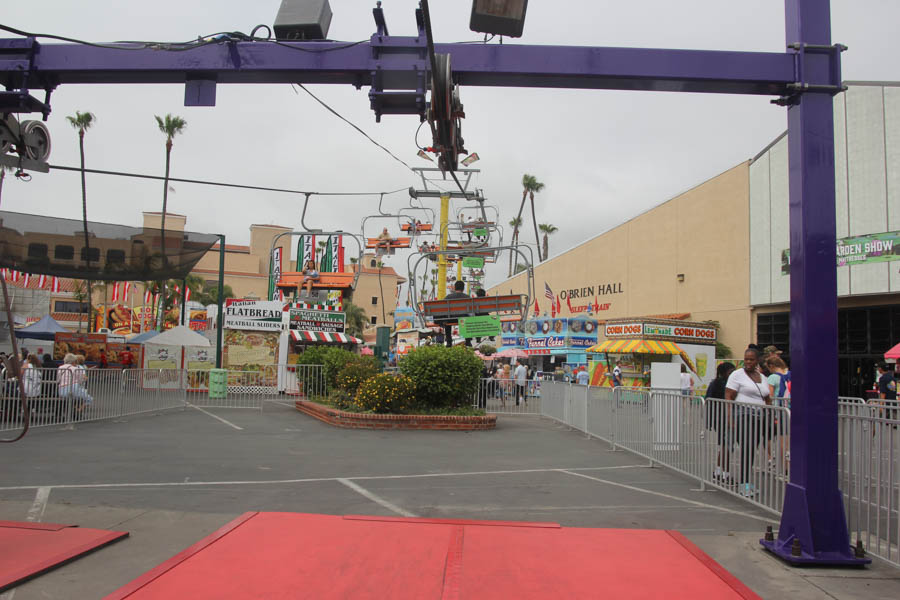
We are ready to fly over the fair

She is happy... We are headed skyward
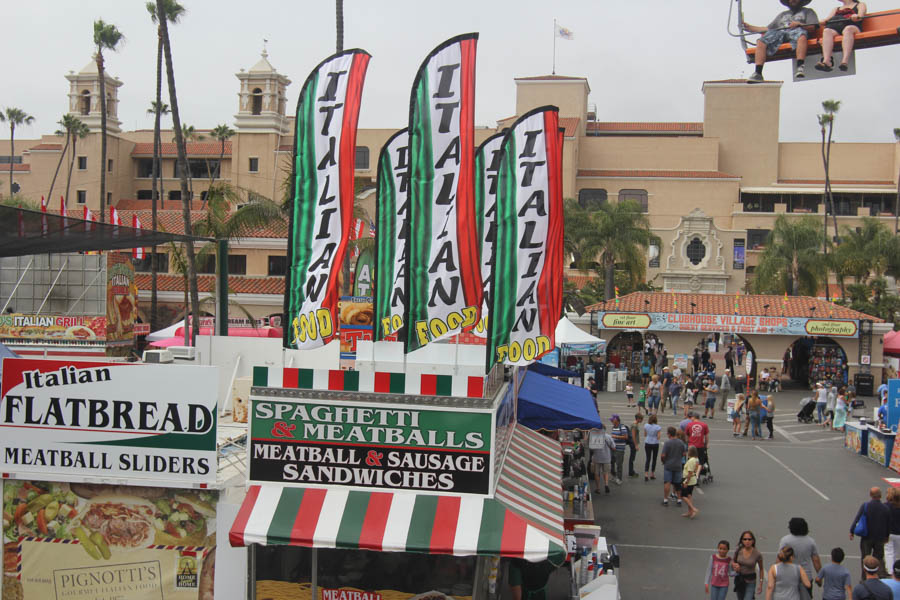
Different view of the fair

Calories anyone?
Did You Know? - Funnel cake is a regional food popular in North America at carnivals, fairs, sporting events, and seaside resorts. In some carnivals, theme parks, and resorts, etc. there are funnel fries.
Funnel cakes are made by pouring batter into hot cooking oil in a circular pattern and deep frying the overlapping mass until golden-brown. When made at concession stands, a pitcher with an integral funnel spout is employed.
Funnel cakes are typically served plain with powdered sugar, but can also be served with jelly, cinnamon, chocolate, fresh fruit, or other toppings.
In North America, funnel cakes were originally associated with the Pennsylvania Dutch region.
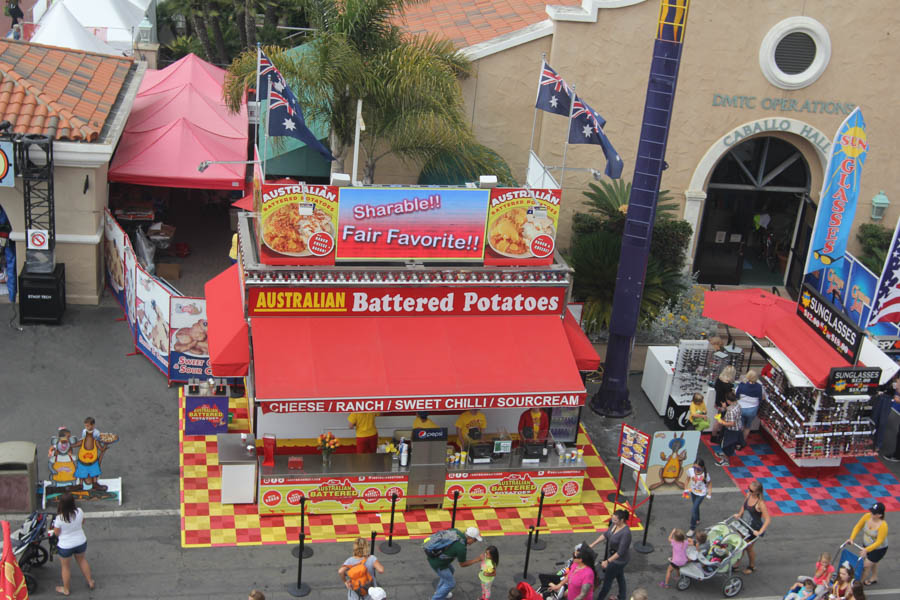
From "Down Under"
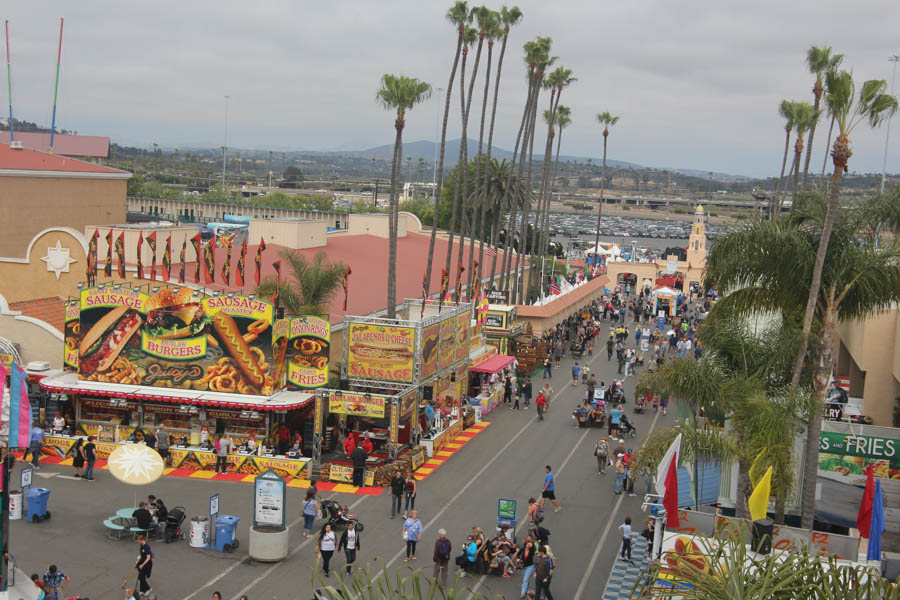
We have reached a maximum altitude of 70 feet!
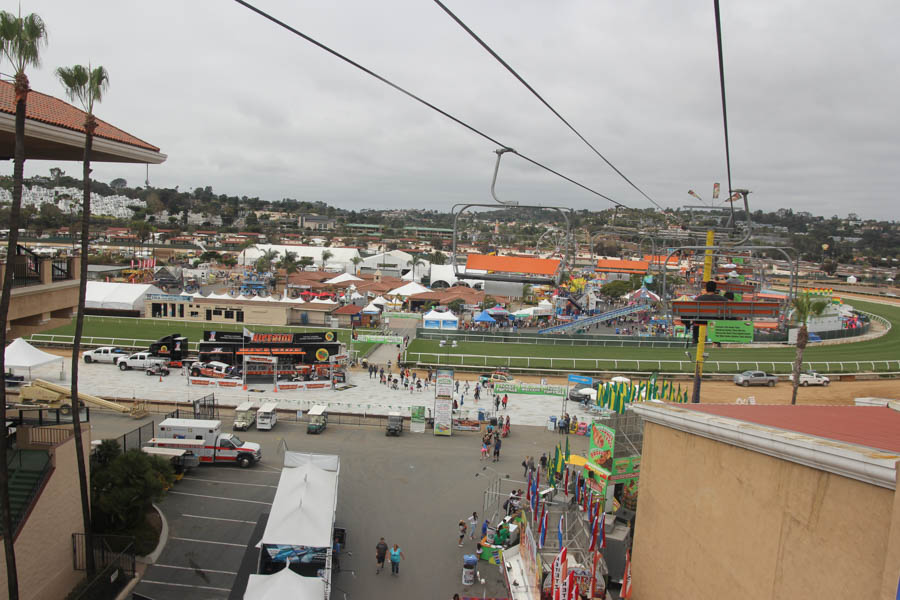
Hanging off a little cable
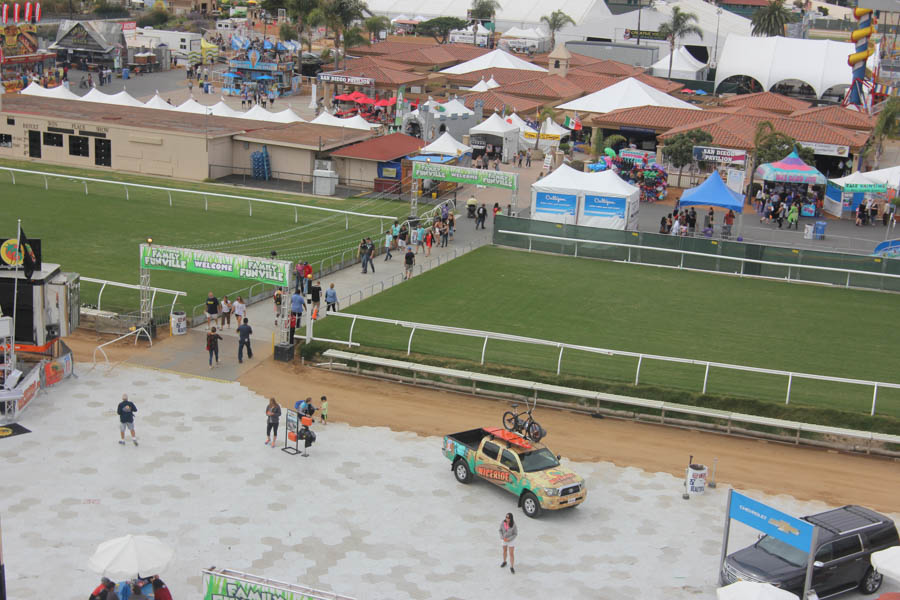
No bridge across the racetrack this year

Coming in for a landing and a direct U-turn back
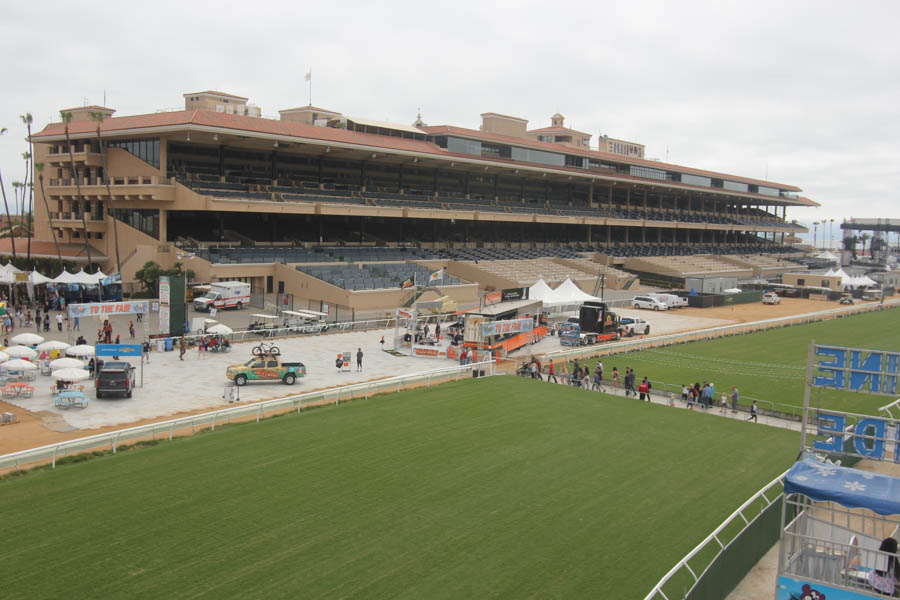
The grandstand is huge
Did You Know? - A grandstand is a large and normally permanent structure for seating spectators, most often at a racetrack. This includes both auto racing and horse racing.
The grandstand is in essence like a single section of a stadium, but differs from a stadium in that it does not wrap all or most of the way around.
Grandstands may have basic bench seating, but usually have individual chairs like a stadium. Grandstands are also usually covered with a roof, but are open on the front. They are often multi-tiered.
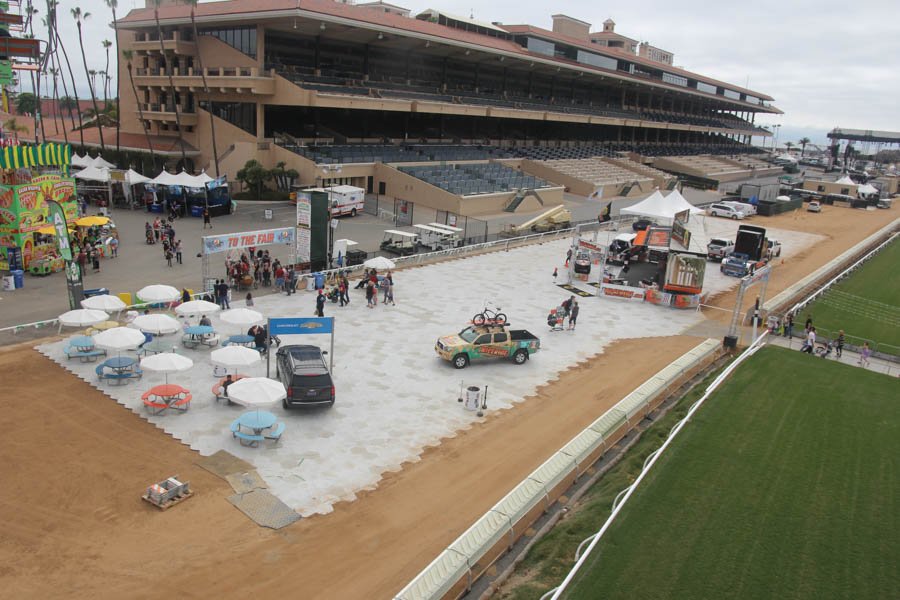
They protect the racetrack from people!
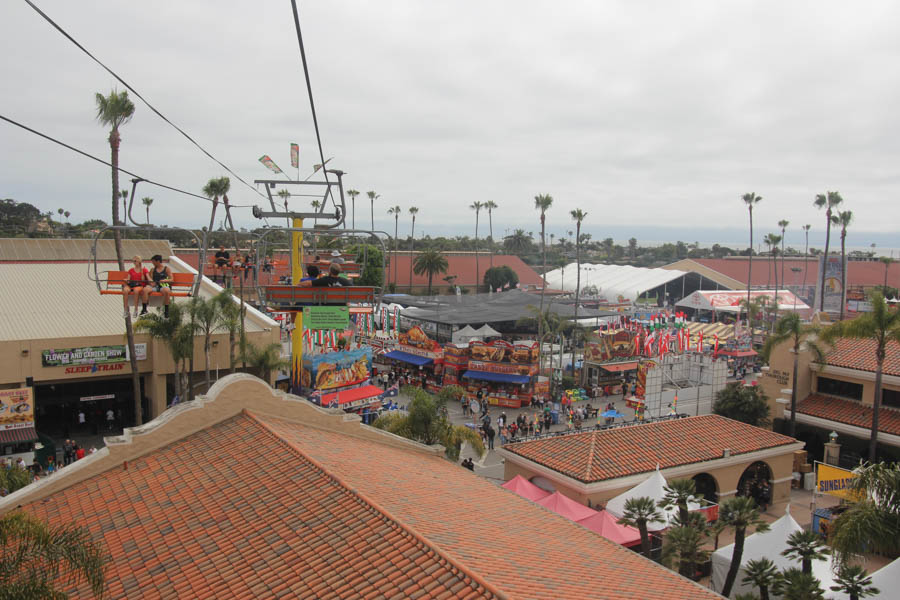
We fly right over the roofs
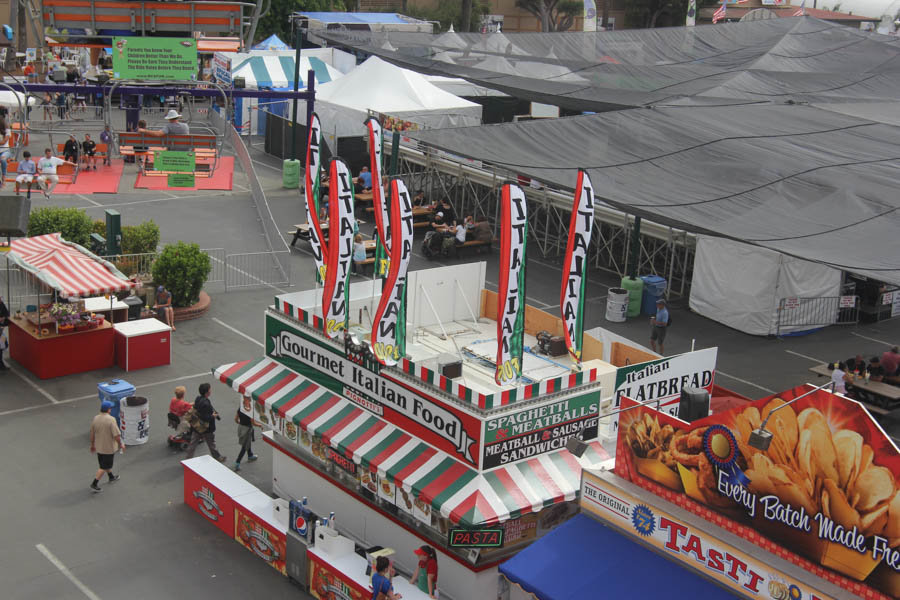
Gourmet Italian Food may be a bit of an over statement...
They serve spaghetti sandwiches!
Did You Know? - Gourmet /??r?me?/ is a cultural ideal associated with the culinary arts of fine food and drink, or haute cuisine, which is characterised by refined, even elaborate preparations and presentations of aesthetically balanced meals of several contrasting, often quite rich courses.
The term and its associated practices are usually used positively to describe people of refined taste and passion.
To The Flowers And A Glass Of Wine Before We Hit The Road
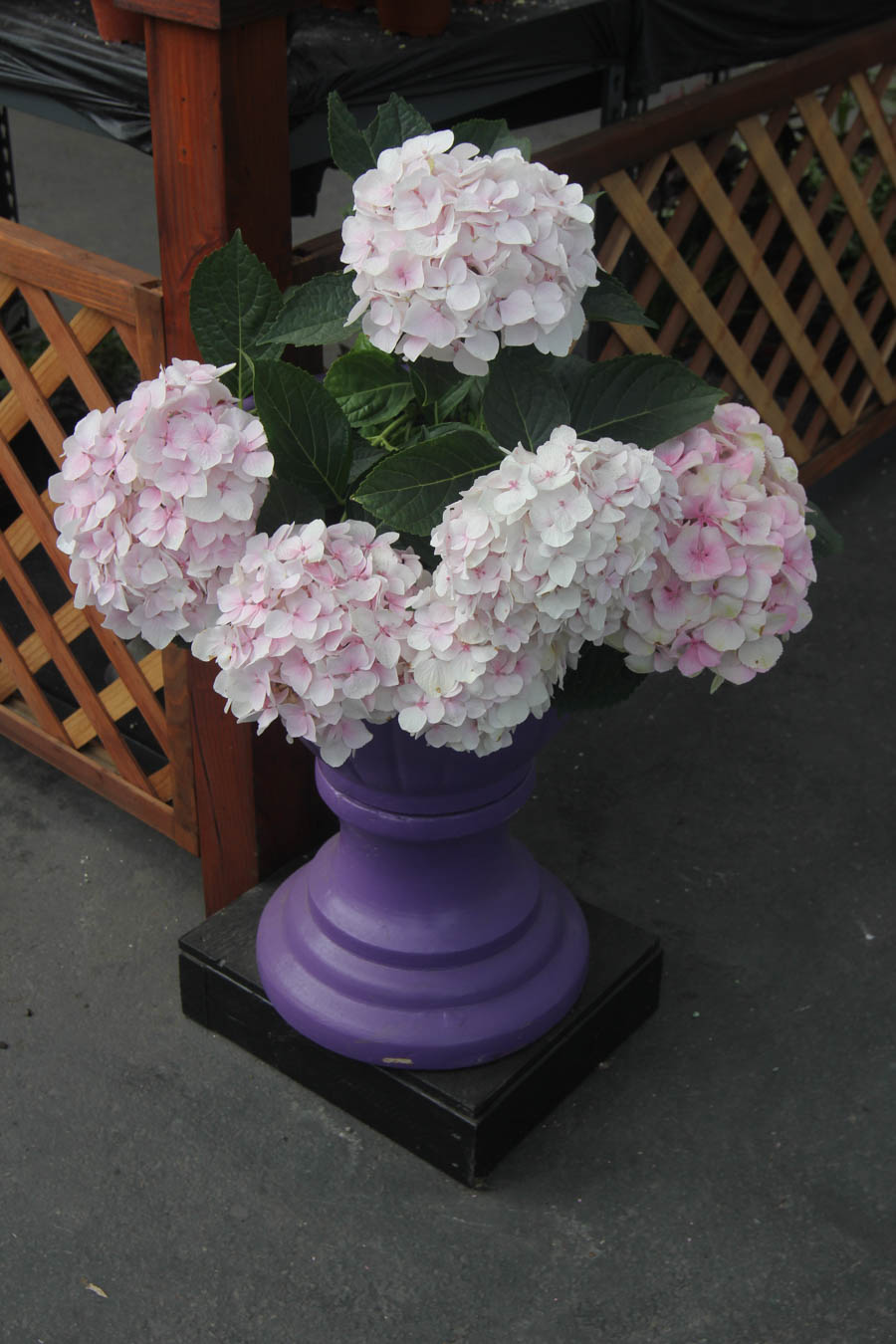
The hydrangeas were beautiful
Did You Know? - Hydrangea (common names hydrangea or hortensia) is a genus of 70?75 species of flowering plants native to southern and eastern Asia (China, Japan, Korea, the Himalayas, and Indonesia) and the Americas. By far the greatest species diversity is in eastern Asia, notably China, Japan, and Korea.
Most are shrubs 1 to 3 meters tall, but some are small trees, and others lianas reaching up to 30 m (98 ft) by climbing up trees. They can be either deciduous or evergreen, though the widely cultivated temperate species are all deciduous.
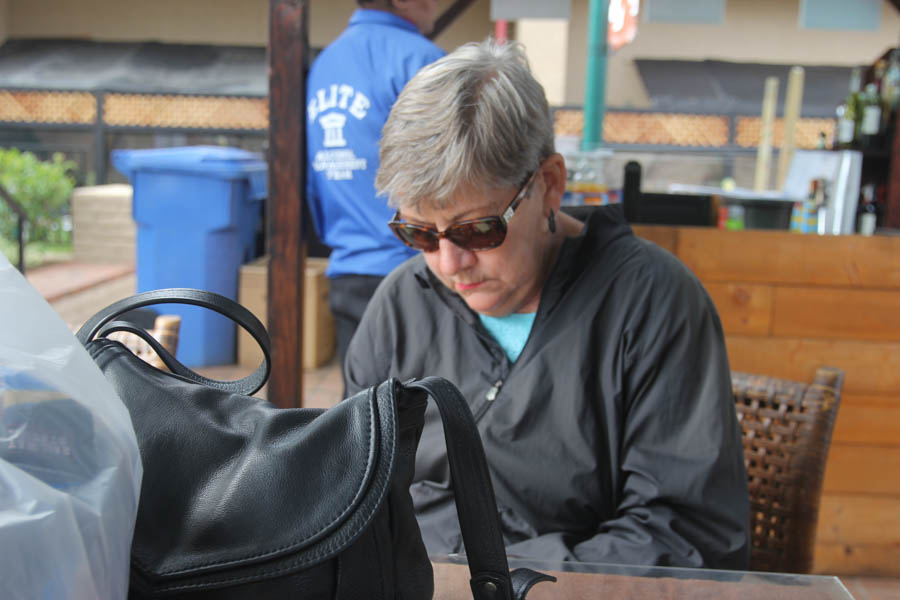
Sue is looking for something!
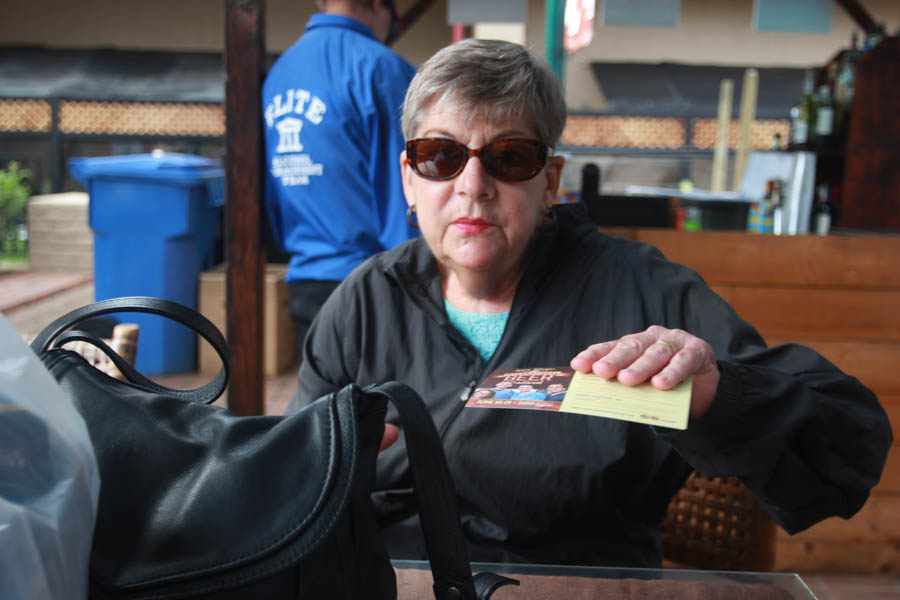
"I got it!"
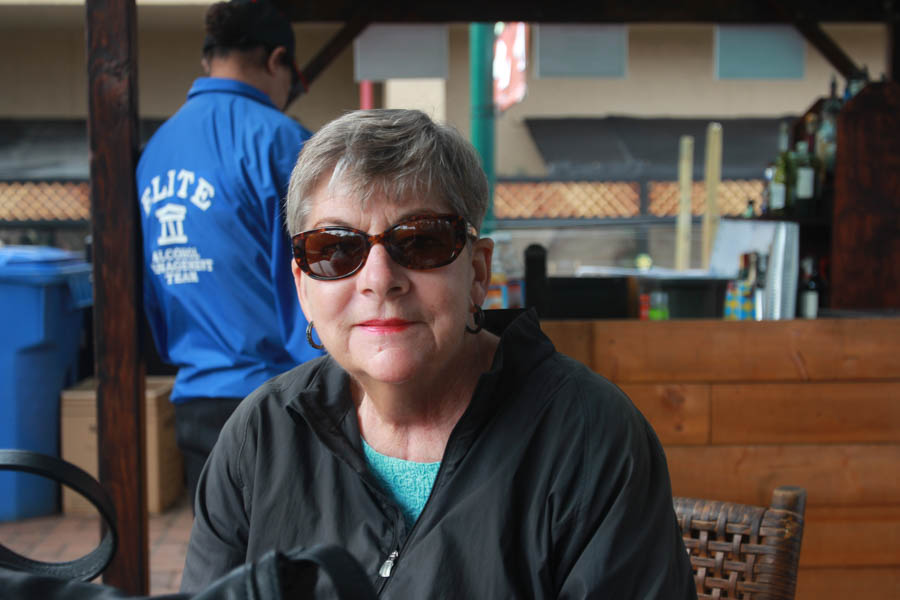
"Guess what else I have?"

"Your new shirts!"
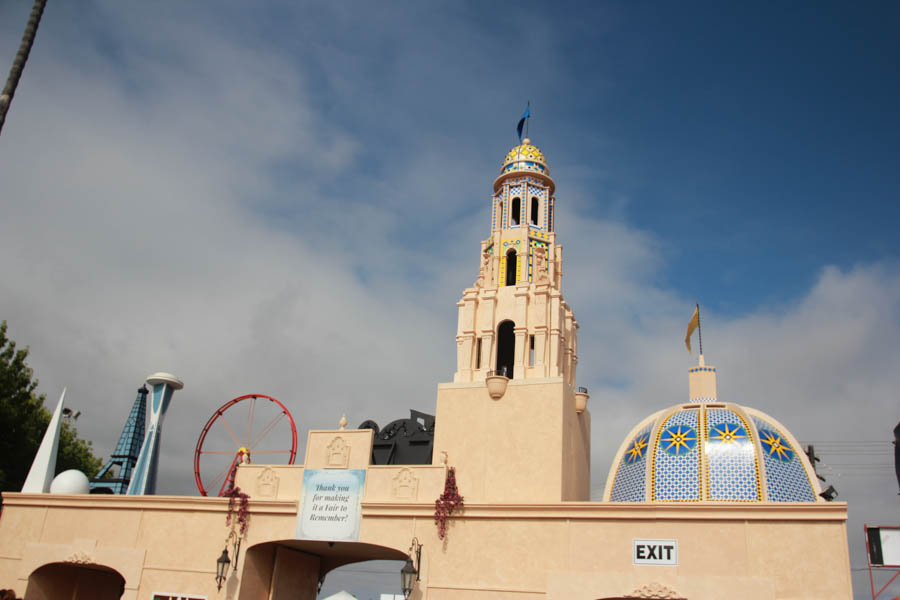
It's five and time to head north to the Phoenix Club!
